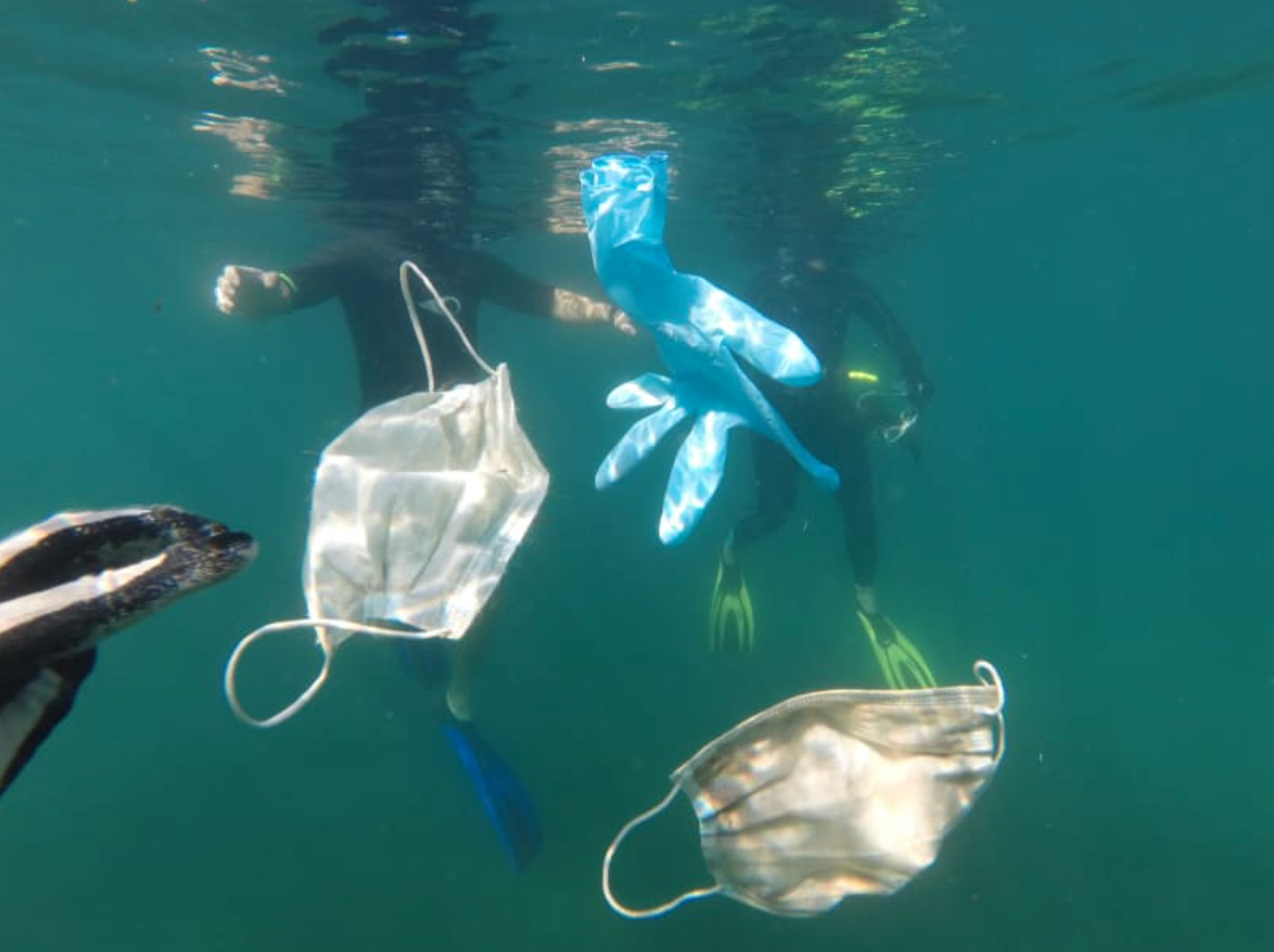A new survey from Genomatica shows that sustainability has moved from a fringe preference into a core imperative across American life even during the COVID-19 pandemic. Genomatica conducted this research using an online survey prepared by Method Research and distributed by Dynata among n=2,000 adults in the United States. Data was collected from June 16 to June 24, 2020.
Sustainability is now a top-of-mind issue, with 85% of Americans reporting they’ve been thinking about sustainability the same amount or more during the COVID-19 pandemic, with those thinking about it more noticing less traffic (45%), cleaner air (42%) and more plastic waste (40%). They’re also demanding action: more than half (56%) of Americans want both the government and brands to prioritize sustainability even while facing other issues.
-
86% of Americans say sustainability will be equally or more important when the pandemic subsides.
-
Nearly half (48%) of those who’ve been more sustainable say they’re inspired to find ways to keep being sustainable and 42% realize being sustainable is easier than they thought.
-
Six in 10 (59%) of those who admit being less sustainable during COVID-19 say they don’t like it, with 43% calling it a “necessary evil” and 36% saying they feel guilty about it.
-
For those feeling the brunt of COVID-19: Nearly half (46%) of those who say they live in areas hit hard by COVID-19 claim they’ve been thinking more about sustainability, while 43% of Americans who’ve been laid off, furloughed or seen job disruption say they would still pay more for sustainable products.
-
Across ideologies: Nearly half (46%) of Republicans say the government should continue to prioritize sustainability. Fox News viewers are as likely as anyone else to say the pandemic has made them personally more sustainable.
“The collective consciousness on sustainability is rising, and certainly faster than most would have expected during these unprecedented times,” said Christophe Schilling, Genomatica’s CEO.
“While this shift has been underway for decades, and particularly strong in Europe, many of us in the U.S. have been inspired by the rapid improvement in air quality and traffic that shine a bright light on how our behaviors and decisions impact our environment and quality of life. As brands are learning, Americans are increasingly spending in line with their values, fueling a ray of hope in a tough year.”
Other findings from the Genomatica study include:
Americans believe life at home is more sustainable
-
Six in 10 Americans (59%) say working from home is more sustainable than working in an office, with just 13% disagreeing.
-
The top reasons? No need to commute (85%), followed by using less energy to heat and cool large workplaces (64%).
-
Americans who have been more sustainable lately cite driving less as the number one reason (68%), followed by buying less stuff (54%), throwing fewer things away (42%), not commuting (41%) and flying less (37%).
-
Three times as many Americans say they’ll drive less, as opposed to driving more, this year.
Americans seek more sustainable products — but are hesitant to return to the sharing economy or public transit
-
More than a third (37%) of Americans are willing to pay a little more for sustainable products, even during an economic downturn — and across age groups, Gen Z is the most willing (43%).
-
Of Americans who have been more sustainable lately, 1 in 3 (32%) say it’s because they’re buying more sustainable products.
-
Four in five (82%) Americans trust natural-based cleaners to protect against COVID-19.
-
Half of Americans are comfortable using natural cleaning products today (50%) and even more (60%) will be comfortable using reusable bags at the store as soon as they’re allowed to.
-
Half of Americans won’t be comfortable using sharing economy services like Uber or Airbnb (53%), riding public transportation (54%) or carpooling (50%) until there is a vaccine, if ever.




